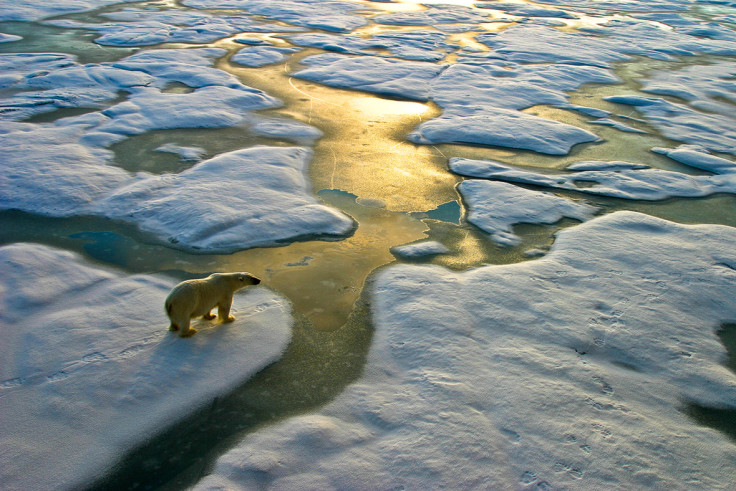Did global warming 'hiatus' actually happen? Temperatures soared between 1998 and 2012, scientists find
The Arctic region has warmed more than five times the global average, say researchers.

A study published by a team of researchers from Alaska and China has revealed that the global warming "hiatus" that was recorded from 1998 to 2012, was because of incomplete data and not from the Earth recovering in any way as previously believed.
The team published their findings in the in the journal Nature Climate Change and according to them, the previously recorded numbers did not include data from the Arctic and when added, the slowdown actually shows up as a steady rise.
Data was taken from buoys set adrift in the Arctic ocean, notes a report by phys.org. "We recalculated the average global temperatures from 1998-2012 and found that the rate of global warming had continued to rise at 0.112C per decade instead of slowing down to 0.05C per decade as previously thought," said Xiangdong Zhang, an atmospheric scientist with UAF's International Arctic Research Center.
The new data has also improved estimates of the Arctic warming and global warming rate. "We estimated a new rate of Arctic warming at 0.659 C per decade from 1998-2014. Compared with the newly estimated global warming rate of 0.130 C per decade, the Arctic has warmed more than five time the global average," said Zhang.
It is not clear if the hiatus was reported by deliberately ignoring Arctic climates, but scientists point out that the Arctic Tundra lacks a robust network of instruments to track and collate temperature data. Global warming estimates, they say, needs to represent the Arctic as well. So the team has developed new methods, notes a phys.org report, to incorporate Arctic data into the global temperature data.
The team reportedly made use of data sets collected by the International Arctic Buoy Program at the University of Washington. For the rest of the global data, they turned to National Oceanic and Atmospheric Administration (NOAA).
The original research on the hiatus done by NOAA, notes the report, was refuted by Zhang's team as well as other recent studies that estimated the global averages using more comprehensive and representative data.
The "hiatus" remains a much-debated topic among climate scientists. Many researchers had actually theorised that a warm El Nino in 1997-1998 and a long period afterwards without El Nino in the tropical Pacific Ocean might have caused a disruption in the rate of global warming, the report said.
On the other hand, humans have not really reduced or significantly cut down on polluting the atmosphere as carbon dioxide levels have reached new records. Global warming is happening, it is getting worse, and scientists believe that we might have passed the tipping point.





















